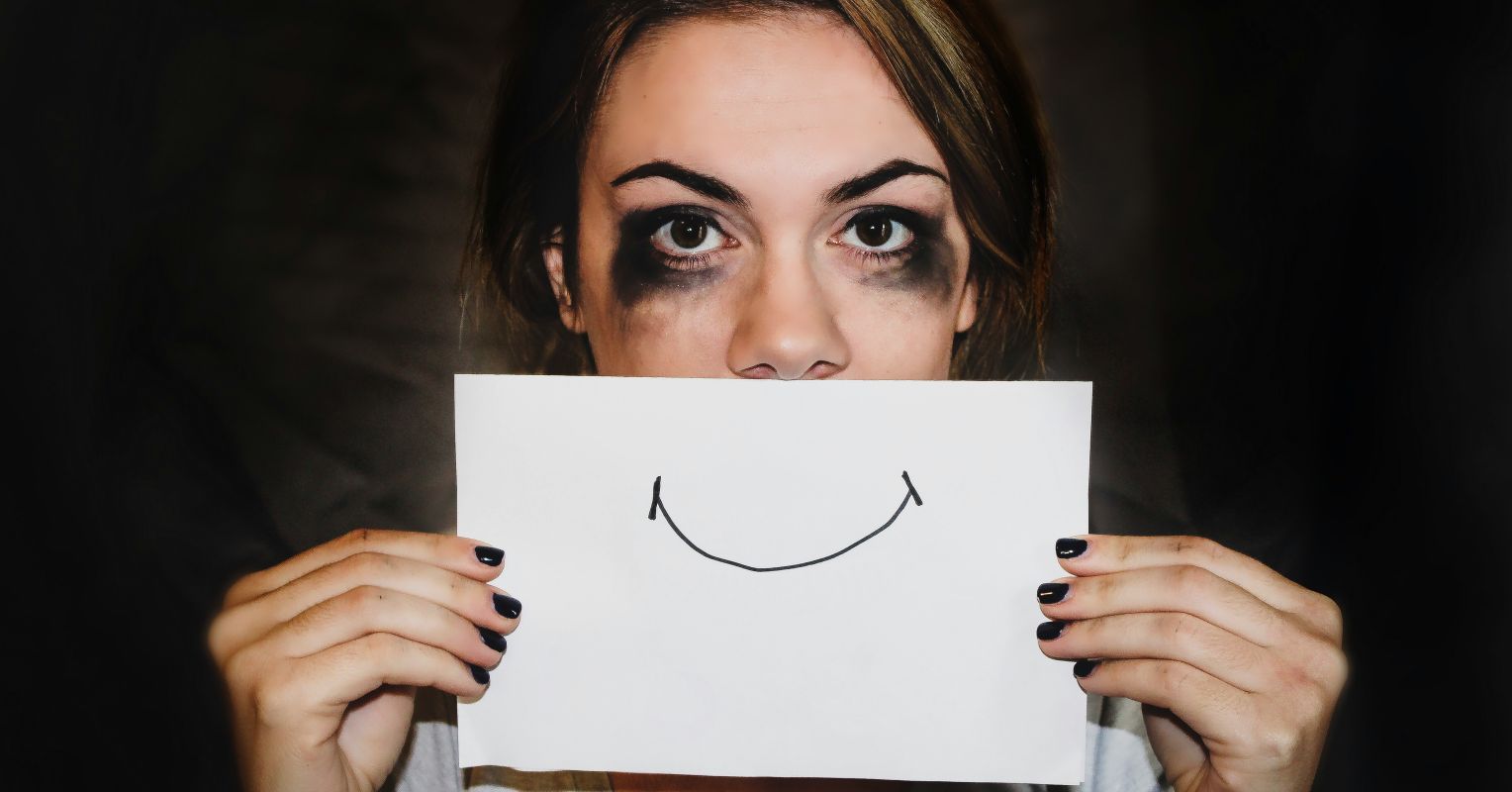
"Rates of depression and anxiety in young people have been climbing for over a decade, with a 47 percent increase in suicide rates among 15- to 19-year-olds from 2000 to 2017."
"Around 2012, when over half of Americans had smartphones and social media became nearly unavoidable, Gen Z's mental health metrics took a nosedive."
"We've built a culture where everyone is encouraged to look inward, to identify symptoms, to name their trauma, leading to a generation steeped in mental health language."
"The mental health crisis isn't just about awareness or overdiagnosis; many young people are dangerously unhappy, with the suicide rate for 10-14 year-olds nearly tripling."
Generation Z has faced increasing rates of depression and anxiety, with significant rises in suicide rates among young people. The proliferation of smartphones and social media around 2012 correlates with a sharp decline in mental health metrics. Contributing factors include excessive parenting, academic pressure, economic concerns, and environmental fears. Additionally, a culture of over-therapization has emerged, where young individuals engage in self-diagnosis and heightened awareness of mental health concepts, yet many remain profoundly unhappy despite the language of mental health being readily available.
Read at Psychology Today
Unable to calculate read time
Collection
[
|
...
]